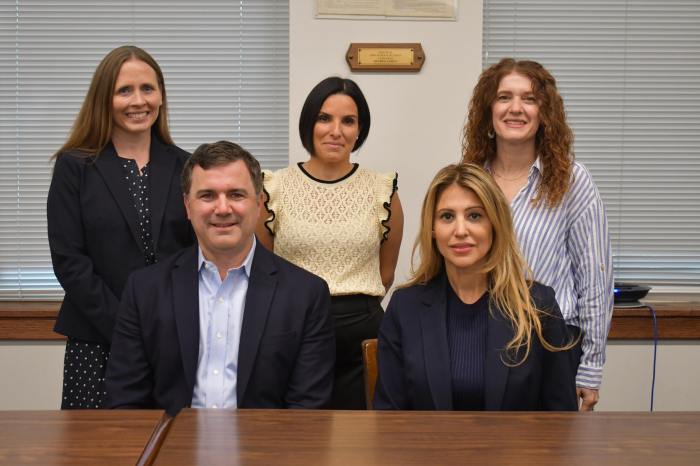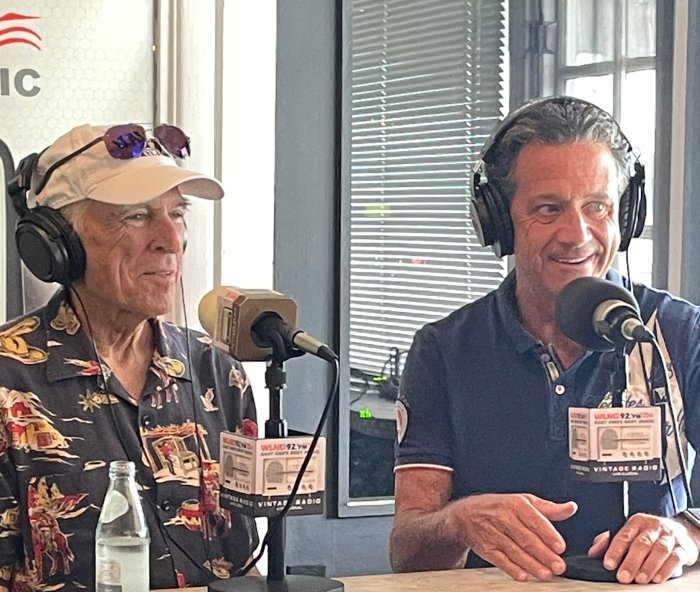On Jan. 27, over 150 Manhasset students and parents attended Manhasset CASA’s Fragile Teen Brain Presentation featuring Dr. Stephen Dewey. Dewey currently conducts research at the Feinstein Institute for Medical Research at North Shore LIJ Hospital. Dewey’s presentation was captivating and very informative.
 Dewey currently conducts research at the Feinstein Institute for Medical Research at North Shore LIJ Hospital. Dewey’s presentation was captivating and very informative.
Dewey currently conducts research at the Feinstein Institute for Medical Research at North Shore LIJ Hospital. Dewey’s presentation was captivating and very informative.
Dewey began his speech on the importance of education and its role in preventing drug abuse. Dewey then spoke about the various ways he used medical imaging (i.e. CAT, X-ray, MRI, PET) to look at the brain. He talked especially about how the PET scan was a camera that was able to take pictures of the brain to see how certain regions reacted to various activities in real-time. This brought up the question of whether or not addiction was a disease.
To Dr. Dewey, addiction is a disease because it is defined as a change in the chemical makeup of the brain. Drugs like cocaine, opiates and meth all change the chemical makeup of the brain by raising dopamine, a neurotransmitter important for movement, novelty seeking and happiness/sadness, by astronomic amounts. Specifically, methamphetamine raises dopamine by 900,000 percent, cocaine raises dopamine by 20,000-30,000 percent and opiates raise dopamine by 5,000 to 8,000 percent. Clearly, this is an indication of how and why drugs are so addicting.
Although the grand amounts of dopamine raised by such drugs play a significant role in their addicting nature, it is also the rapid speed at which they are able to raise dopamine levels that contribute to their lasting outcomes. With highs so extreme, many teenagers who use drugs will lose interest in seeking natural highs. In addition, Dewey stressed that drugs taken with alcohol only magnify the negative effects (weakened immune system, nausea, stroke, etc.). To confirm this, he showed PET scan images depicting the drastic change in a person’s brain after binge drinking. Because binge drinking is usually more prevalent in teens and college students, a large part of why teens return to drugs and alcohol is due to their environment. Every time a person uses a drug that alters feeling, the environment (i.e. a friend’s house) the drug was taken in is stored in the brain, causing relapses by triggering the feeling of desire for the drug whenever contact with that environment is made again.
Students were very receptive to the presentation. “Dr. Dewey has proven to be a brilliant resource in educating our community about addictive drugs and their hazardous effects on our brains. We are very fortunate to live in a town where such topics like drugs and alcohol are not hidden from conversation, and adults, teachers, administrators and various students hope to positively influence one another through knowledge,” stated one Manhasset teen.
To find out about upcoming Manhasset CASA prevention education programming, go to www.manhassetcasa.org or “like” Manhasset CASA on Facebook.





























